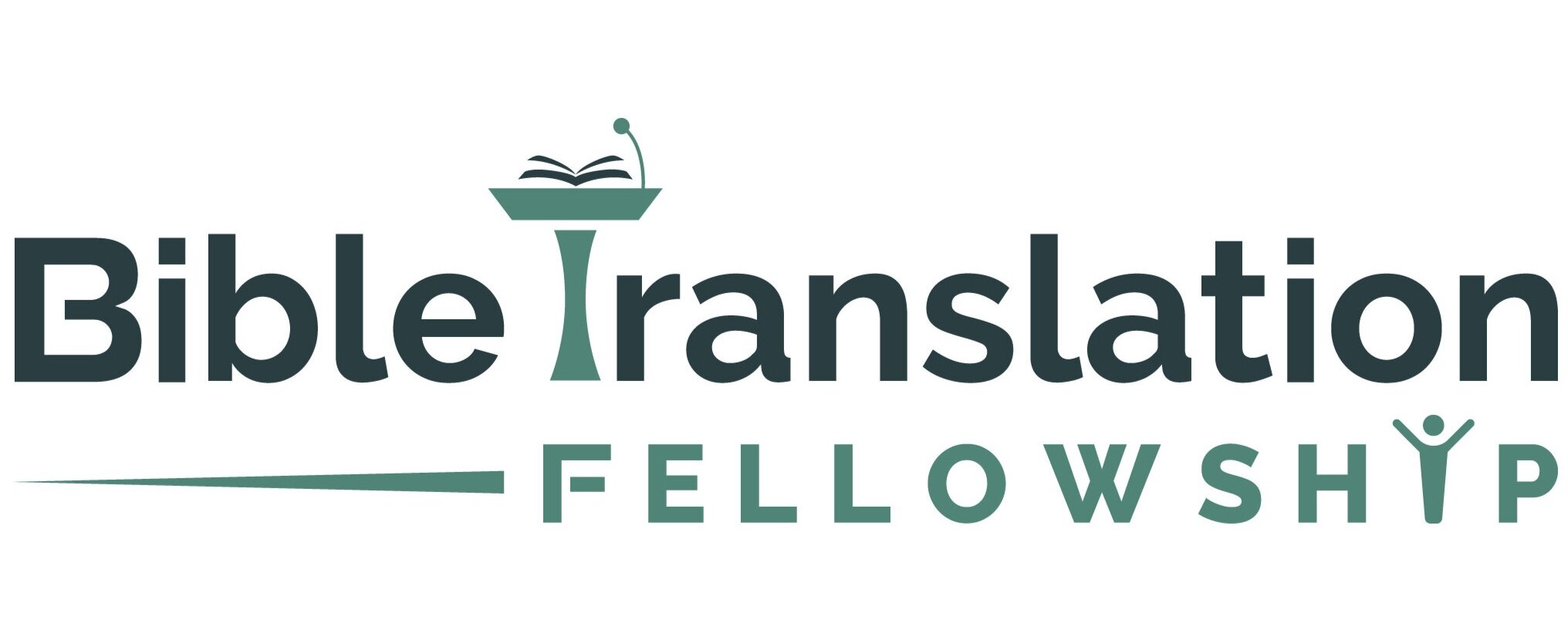Martin Luther the Pastor-Translator
Martin Luther was not some bookish nerd whose love of books was greater than his love of people. We often have misconceptions about what makes a good translator or linguist, and thus many of us never even consider the necessary labor of love that Bible translation is for making Christ's bride beautiful by bringing her His Word. Just as with Tyndale's biography, my wife and I are reading through Luther's bio and noting the many lessons that we can learn from this godly man.So how did Luther spend his time, especially before he translated the Bible into German? Bainton writes that in October 1516 Luther wrote to a friend:
I could use two secretaries. I do almost nothing during the day but write letters. I am a conventual preacher, reader at meals, parochial preacher, director of studies, overseer of eleven monasteries, superintendent of the fish pond at Litzkau, referee of the squabble at Torgau, lecturer on Paul, collector of material for a commentary on the Psalms, and then, as I said, I am overwhelmed with letters, I rarely have full time for the canonical hours and for saying mass, not to mention my own temptations with the world, the flesh, and the Devil. You see how lazy I am.
As you read Luther's bio, you might come to think that this busyness was actually part of God's kindness to keep Luther's hyperactive mind and oversensitive conscience from being too inwardly focused. That said, Luther was a Generalist like the kind that Carl Trueman has beckoned a call for in today's overspecialized academia (see his website Mortificationofspin.org).Maybe we don't all need to start superintending fish ponds, but the church overseas would be much better served if we sent pastor-translators. The promise of Scripture is that every tribe, tongue, people and language will have an established church of believers who worship the King and Savior, Jesus the Christ. For churches to be established, they need qualified pastors who can read (1Tim 4:13), preach and teach (2Tim 4), pray, and otherwise handle the Scriptures (2Tim 2:15) in their call to minister the Word (2Tim 2:2) to equip God's people for the work of ministry (Eph 4). How shall they read, preach, pray, sing and even show the Word (in the ordinances) if there is no Word? With 6,500 languages lacking a full Bible translation, we need to send more elder-qualified missionaries to find and equip national believers who are elder-qualified (Titus 1:5). We need to train up men who can help translate, and then can teach and disciple and counsel with the Word, write commentaries and Bible helps in their native language, write good Christian-living, biblical-theological, systematic and topical books, who can disciple the next generation of Christian leaders, authors, scholars, pastors, and disciplers (2Tim 2:2).Why is it that so many who are "gifted" in the biblical languages are often only encouraged to stay in the USA and write more commentaries or serve on English translation committees, when our brothers and sisters overseas lack good Bible study resources in their own languages, or lack the Bible itself? Why aren't we encouraging the best and brightest (e.g. Paul the Apostle) to go forth into the mission field and establish healthy local churches where Christ is not yet named (Rom 15), in every sphere of the world (2Cor 10)?I close with the words of John Frame, wherein writing on the topic of "Bible Translations and Editions of Scripture" in his great work, The Doctrine of the Word of God, he laments and exhorts:
I confess, however, that I don't quite see the point of the huge number of translations now available in English. I suspect that the rush to bring out more and more English translations has more to do with financial profitability of these than the inherent need of them. I pray that God will send more of our linguists out to translate the Scriptures into languages where translations are more needed, even though less lucrative (pp. 255-256 n.2)
We cannot know the motives of why so many engage in English translations, but we are called to assume the best (1Cor 13). However, we are also called to exhort and provoke our brothers to love and good deeds, and surely we have failed our brothers and sisters overseas who lack a Bible in their language. We have not sacrificed nor taken part in filling up the afflictions of Christ in our going to the nations to translate and bring the living Word of God (Rom 10; Heb 4). Calling all pastors and translators, and especially pastor-translators: will you go for the sake of His name? Don't despise the diversity of gifts you may have, or the tasks that you may have to take part in (like Luther's fish ponds); but be sure to steward well the gifts God has given. Is there some way you and your church can participate in coming Together4theBible.org?
